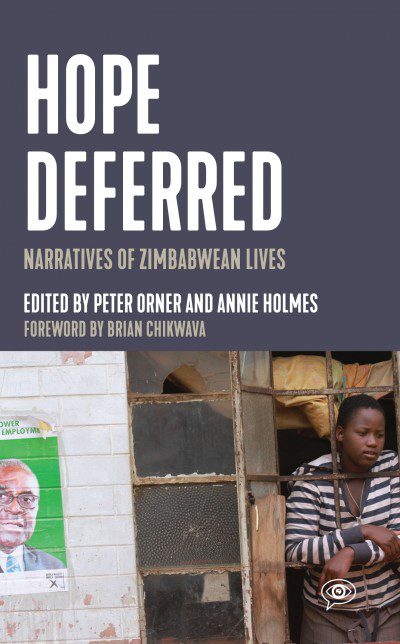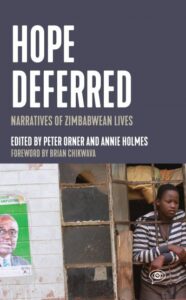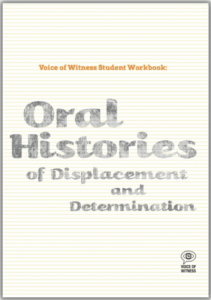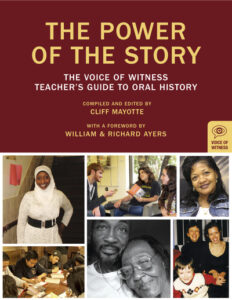In Hope Deferred, Zimbabweans recount their experiences of losing their homes, land, livelihoods, and families as a direct result of political violence. These accompanying lesson plans for Hope Deferred create a point of entry for examining the past and present history of Zimbabwe, a Southern African country struggling with the legacy of colonialism, oppressive political leadership, and a collapsed economy. Students will explore the following questions:
- Who is a “true” Zimbabwean and who has the rights to Zimbabwe’s farmland? How has colonial history complicated the issue?
- What are “black market” economies? Why and how do you think they emerge?How does the U.S. black market impact society and communities?
Grades: High school
Time Needed: Approximately 5 days of class time
Objectives:
- Students will use oral history, literary analysis, and research to examine the role of national identity in connection with Zimbabwe’s land reform policies..
- Students will explore the personal, economic, and political context of contemporary Zimbabwe through inquiry, collaboration, and partner interviews
Download Free Curriculum
* Required fields
Hope Deferred might be the most important publication to have come out of Zimbabwe in the past thirty years.
Alexandra Fuller
for Harper’s Magazine
About the Oral Histories
The situation in Zimbabwe represents one of the worst humanitarian emergencies today. This book asks the question: How did a country with so much promise—a stellar education system, a growing middle class, a sophisticated economic infrastructure, a liberal constitution, and an independent judiciary—go so wrong? In their own words, Zimbabweans recount their experiences of losing their homes, land, livelihoods, and families as a direct result of political violence. They describe being tortured in detention, firebombed at work, or beaten up or raped to “punish” votes for the opposition. Those forced to flee to neighboring countries recount their escapes: cutting through fences, swimming across crocodile-infested rivers, and entrusting themselves to human smugglers. This book includes Zimbabweans of every age, class, and political conviction, from farm laborers to academics, doctors to artists, opposition leaders to ordinary Zimbabweans; men and women simply trying to survive as a once-thriving nation heads for collapse.




